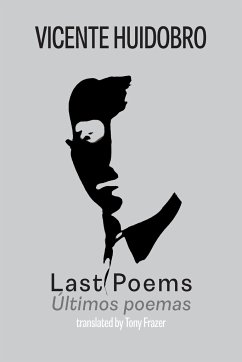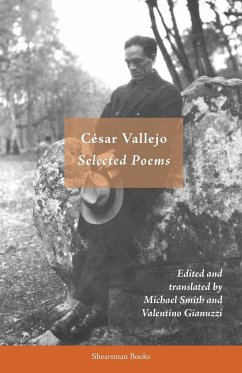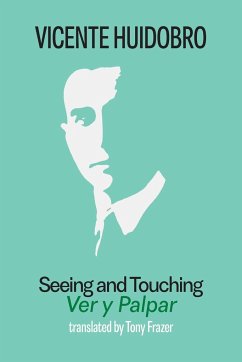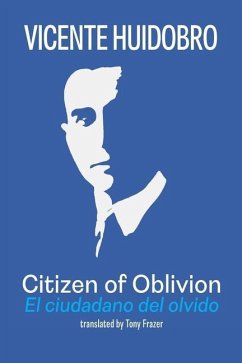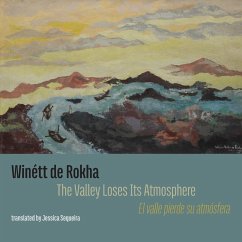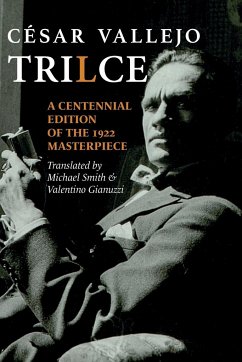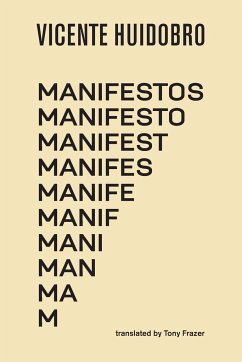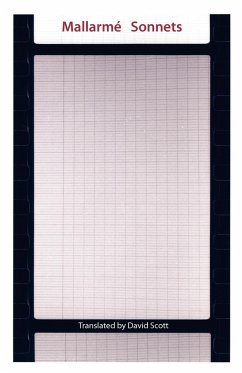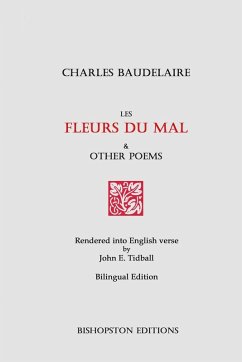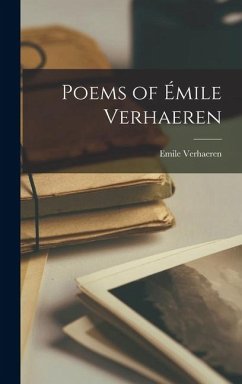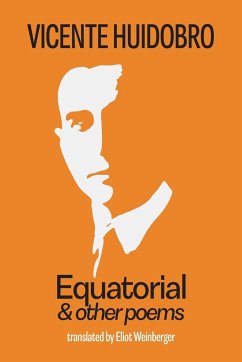
Equatorial and other poems
Versandkostenfrei!
Versandfertig in 1-2 Wochen
17,99 €
inkl. MwSt.

PAYBACK Punkte
9 °P sammeln!
This volume includes the 4 chapbooks published in 1917-18 and presents, at first glance, an odd mixture. Chronologically, we have El espejo de agua, written in 1914-16, first published in 1916, but, to all intents and purposes not distributed until 1918. Horizon carré(see below) follows and then come Ecuatorial (written in Spanish), Poemas árticos, Hallali and Tour Eiffel, the last two being composed in French. The last two publications from this period, Hallali and Tour Eiffel-both marked by textual experimentation-were very important for the rising wave of the Spanish avant-garde. In this ...
This volume includes the 4 chapbooks published in 1917-18 and presents, at first glance, an odd mixture. Chronologically, we have El espejo de agua, written in 1914-16, first published in 1916, but, to all intents and purposes not distributed until 1918. Horizon carré(see below) follows and then come Ecuatorial (written in Spanish), Poemas árticos, Hallali and Tour Eiffel, the last two being composed in French. The last two publications from this period, Hallali and Tour Eiffel-both marked by textual experimentation-were very important for the rising wave of the Spanish avant-garde. In this second edition, we have added an appendix containing the French version of the title poem, Équatoriale, which is at least partly translated by the author, an early version of Tour Eiffel as published in the magazine Nord-Sud, together with a Spanish version of the finished poem.





